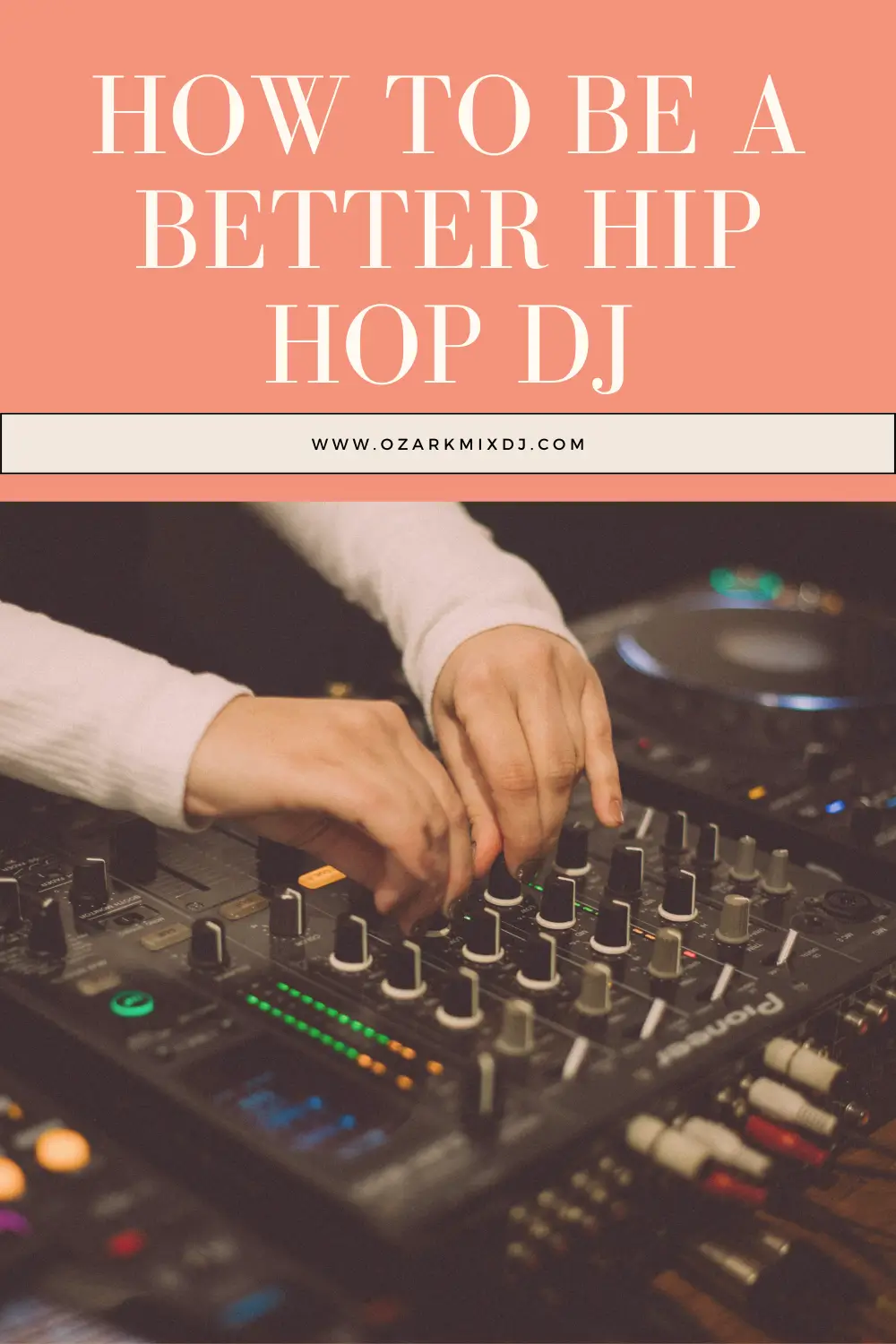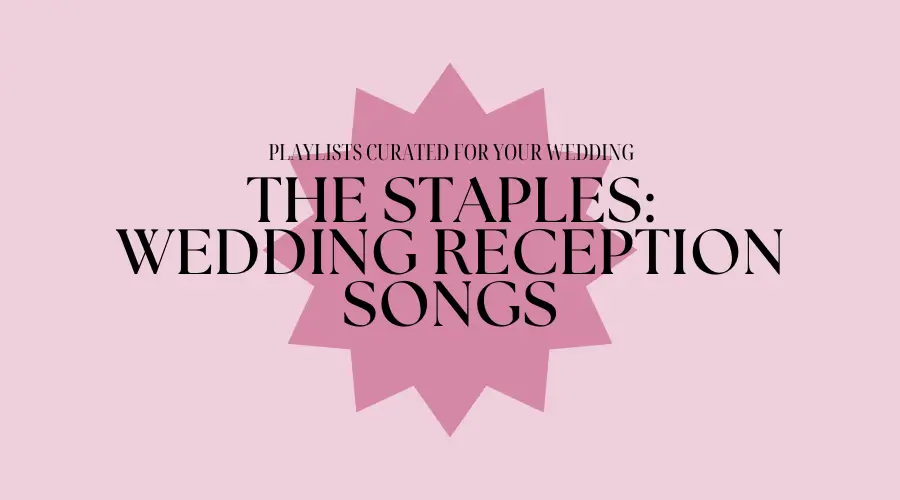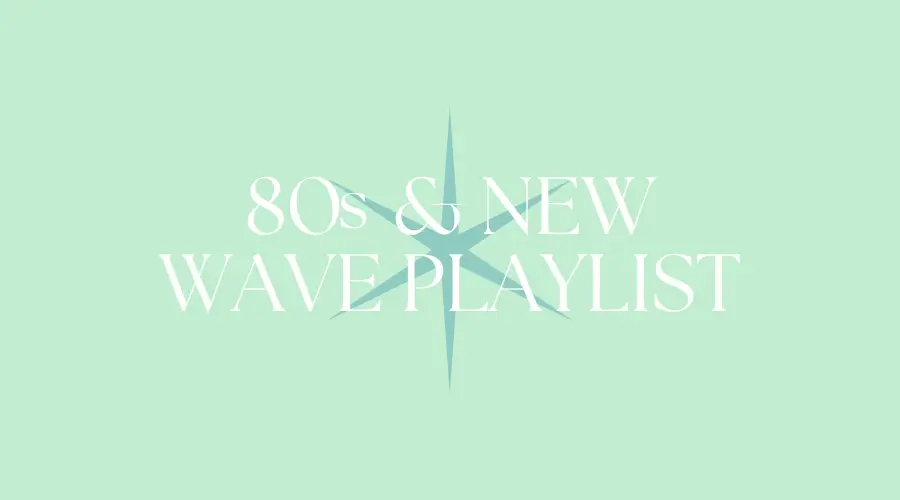
In today’s blog post, we will be discussing the importance of cue points and short edits in DJing, particularly in hip-hop. Russ emphasizes cutting out unnecessary parts of songs, focusing on what the audience wants to hear, and using specific examples such as songs by artists Drake and Fergie The script highlights the value of quick mixing and using subscription services for short edits to enhance the DJing experience.
In the world of DJing, mastering cue points is a skill that can truly set you apart as a top-tier DJ. Especially in hip-hop music, understanding how to use cue points effectively can elevate your mixes to the next level. In this blog post, we'll dive into the art of cue point skills and how they can enhance your performances in the hip-hop scene.
Cue points are not just markers in a song; they are tools that can be strategically utilized to create seamless transitions and keep the energy flowing on the dance floor. As a DJ, knowing your music is crucial, but knowing how to use cue points within that music is what takes your sets to new heights.
One key aspect of using cue points in hip-hop is anticipating features or standout verses in songs. By placing cue points strategically, DJs can jump to these highlights without playing through unnecessary sections, keeping the crowd engaged and energized.
Incorporating short edits into your mixes can be a game-changer. Short edits condense songs to their most impactful parts, allowing you to deliver a high-energy set packed with crowd favorites. This approach not only keeps the audience captivated but also showcases your ability to keep the party going without missing a beat.
Understanding what parts of songs resonate with your audience is essential. Whether it's a popular chorus, a catchy hook, or a memorable verse, cutting to the core of the track ensures that the crowd stays connected and excited throughout your set.
Drawing from experiences and insights shared by seasoned DJs like Nick Spinelli, we explore the significance of playing the parts of songs that people want to hear and omitting the rest. By doing so, you can keep the energy high and the dance floor packed, ultimately setting yourself apart as a skilled and intuitive DJ.
Mastering cue point skills is not just about technical prowess; it's about understanding the nuances of the music and responding to the energy of the crowd. By honing your ability to cue points effectively and deliver dynamic mixes, you can dominate the hip-hop scene and leave a lasting impression on your audience.



